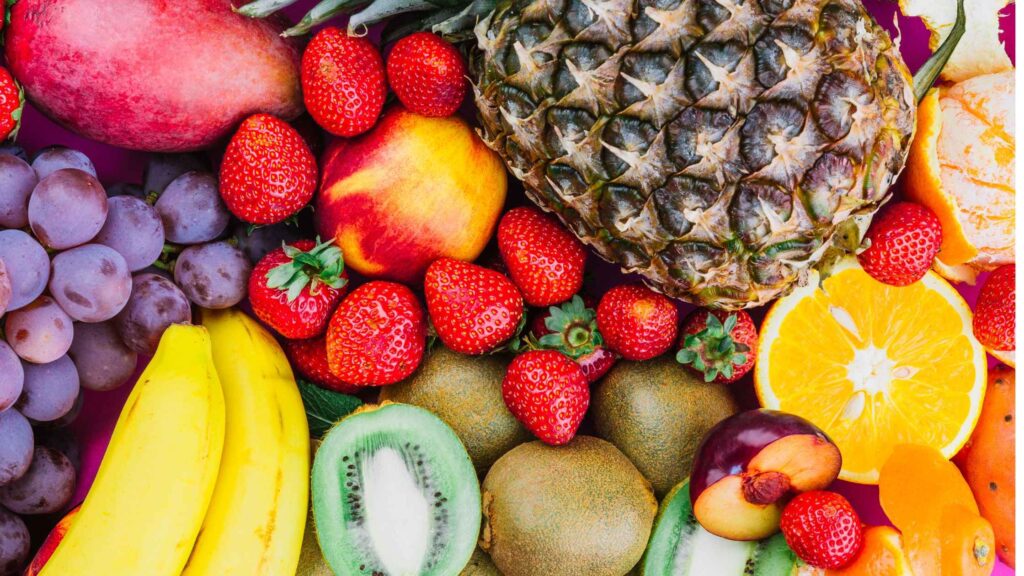Better understand the link between food and sleep. The link between food and sleep is very little known but nevertheless very real and important for health.
A neglected diet has a negative impact on sleep, while a lack of sleep will change eating habits and will cause weight gain.
The link between food and sleep must be taken into account in order to improve your quality of life and to have better nights.
Also, read: what type of sleeper are you?
Let’s go.
Nutrition and Sleep: Diet’s Effect on Sleep
Food Issues
Being overweight is now a growing scourge among both active and inactive people, young and old.
Among active people, changing schedules and the pace of life are among the risk factors for weight gain.
More than 55% of French employees lack sleep, among them, 30% work so-called “atypical” hours and do not take the time to eat properly.
Eating behaviors have been observed in people who sleep little or are insomniacs:
Fewer vegetables and fish on their plates
They eat more fatty or sugary foods
Not having breakfast, having irregular meal times, and snacking, are bad habits that cause gastrointestinal disorders and weight gain.
Link Between Food And Sleep
What Impact On Sleep?
Some foods such as proteins keep you awake and reduce the quality of sleep while some help you fall asleep.
Avoid taking coffee or alcohol for good sleep. Eating reasonably in the evening and about 2 to 3 hours before bedtime lowers body temperature and allows you to fall asleep faster.
Eating at regular times and maintaining 3 daily meals synchronizes the biological clock and therefore improves sleep.
What Impact On Food?
Too little sleep and poor-quality sleep reveal 4 levels of physiological consequences leading to weight gain:
The hormonal imbalance is created in favor of the hormone that makes us eat: ghrelin, which increases the food portion
Lack of sleep leads to greater consumption of fatty and sugary foods.
The fatigue inherent in sleep disorders limits the desire and motivation to exercise and therefore increases the storage of fat
The Impact Of Beverages
The link between food and sleep also concerns the drinks consumed throughout the day. Two types of drinks negatively impact sleep and reduce one’s efficiency and energy.
It’s no secret that the French are big coffee drinkers. But the recommendations advise not to drink more than 3 coffees a day and to see the last minimum of 6 hours before bedtime.
If we add sodas, energy drinks, etc. to coffee, then the caffeine load will be too high and will increase the time it takes to fall asleep and reduce the quality of sleep.
It’s a real vicious circle, poor sleepers drink more coffee on average to compensate for their fatigue, and this overconsumption reduces the quality and quantity of their sleep…
Alcohol, on the other hand, has 2 opposite effects on sleep. First of all, it has a sedative effect which therefore promotes falling asleep, which is also the origin of a belief in the hypnotic effect of alcohol.
Alcohol causes the deterioration of the quality of sleep it causes; deep sleep is difficult to achieve when alcohol circulates in the blood.
Alcoholic beverages will also cause snoring and sleep apnea.
7 Tips For Good Food Hygiene And Good Sleep
- Avoid excessive differences in hours of sleep, they are the cause of hormonal disturbances and a change in appetite
- Eat in reasonable quantities
- Eat 2-3 hours before bedtime
- Limit alcohol intake, including wine and beer!
- Stop coffee at least 6 hours before bedtime, around 4 p.m.
- Practice regular physical activity
- Practice balanced diets that respect 3 meals a day and avoid protein-only diets
There are natural remedies to improve sleep and reduce stress and anxiety. For example, essential oils, in diffusion or on the skin, allow you to sleep better and relax the body.
Conclusion
The weighted blanket is also proven, thanks to its heavy weight and its micro glass beads, it gives the impression of being safe under the duvet and exerts a kind of massage on the muscles which gives the effect of a big hug.
I have an extended article stating: Insomnia, Waking Up At Night, Sleep Problems – What Can You Do?

